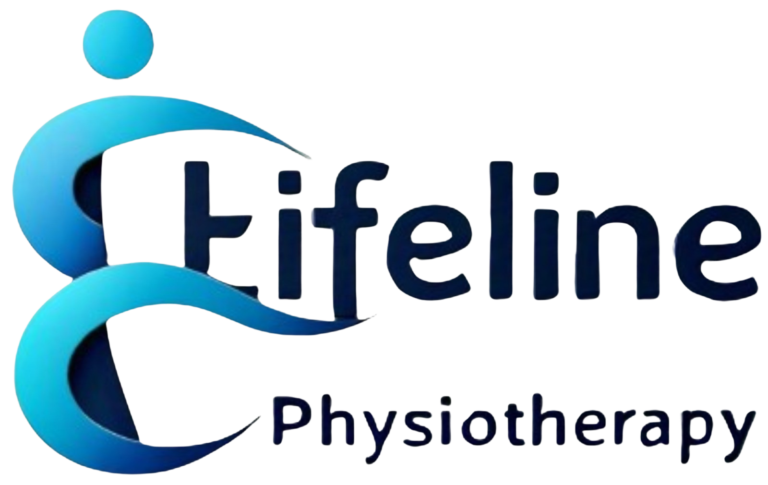Muscle Injury

Muscle Injury Rehabilitation at Lifeline Physiotherapy
Muscle injuries are common conditions that require specialized rehabilitation to ensure proper healing and restoration of function. At Lifeline Physiotherapy, our physiotherapy team is highly skilled and experienced in managing various types of muscle injuries, helping you recover effectively and prevent re-injury.
Understanding Muscle Injuries
Muscle injuries can range from minor strains to severe tears, affecting muscles throughout the body. Common types of muscle injuries include:
- Strains: Overstretching or tearing of muscle fibers, often caused by sudden or excessive force. Common examples include hamstring strains and calf strains.
- Tears: Partial or complete rupture of muscle fibers, which can occur from direct trauma or overuse. Examples include quadriceps or biceps tears.
- Contusions: Deep bruising of muscle tissue due to direct impact or trauma, such as a thigh contusion (Charley Horse).
Early Intervention and Comprehensive Assessment
Early intervention is crucial to optimizing recovery from muscle injuries. Our physiotherapists conduct a thorough assessment to determine the extent and location of the injury. This assessment helps us develop a personalized rehabilitation plan tailored to your specific injury and rehabilitation goals.
Personalized Treatment Plans
Based on the assessment, your personalized treatment plan may include:
- Rest and Protection: Initial measures to protect the injured muscle and promote healing.
- Pain Management: Techniques such as manual therapy, ice/heat therapy, and electrotherapy to manage pain and reduce inflammation.
- Range of Motion Exercises: Gentle movements to restore flexibility and prevent stiffness.
- Progressive Strengthening: Gradual exercises to rebuild muscle strength and endurance.
- Functional Rehabilitation: Activities to improve muscle control, coordination, and functional movements relevant to your daily activities or sports.
- Sport-specific Training: If applicable, tailored exercises and drills to help you return to sport safely.
When Should You See a Physiotherapist?
- Immediately After Injury: To begin rehabilitation and prevent further damage.
- Persistent Pain or Swelling: If you experience ongoing pain or swelling that limits your movement.
- Limited Range of Motion: If you have difficulty moving the injured muscle or joint.
- Weakness or Instability: If you notice muscle weakness or instability around the injured area.
- Return to Activity: Before returning to sports or vigorous activities ensure readiness and prevent re-injury.
Our Goal
At Lifeline Physiotherapy, our goal is to facilitate your recovery from muscle injuries and help you return to your optimal level of function. We emphasize a comprehensive approach to rehabilitation, addressing pain management, muscle strength, flexibility, and functional performance. Our personalized treatment plans are designed to support your recovery journey, considering all factors contributing to your injury and focusing on long-term prevention and wellness.
